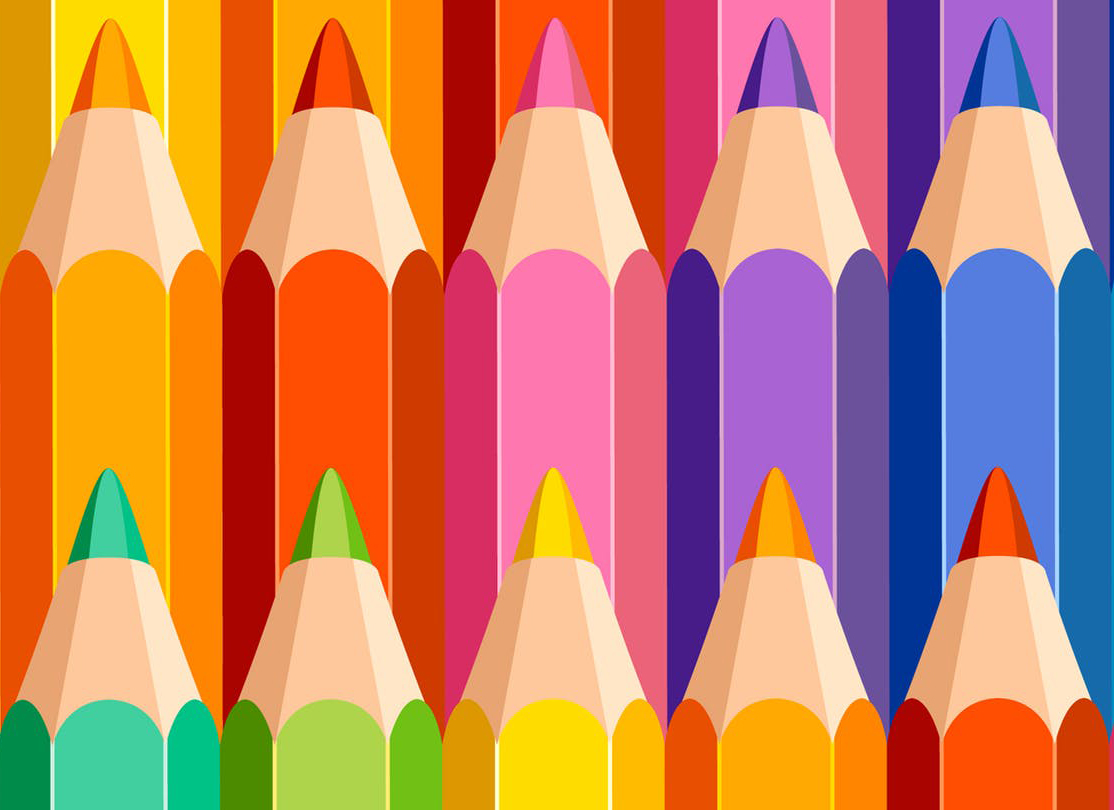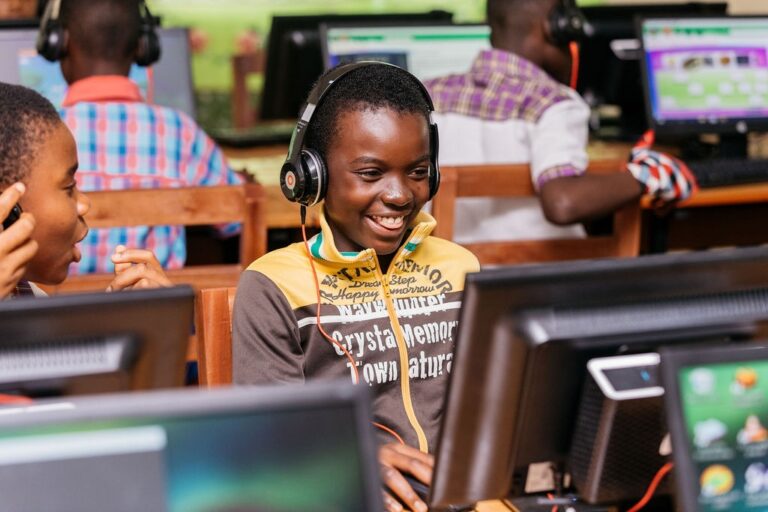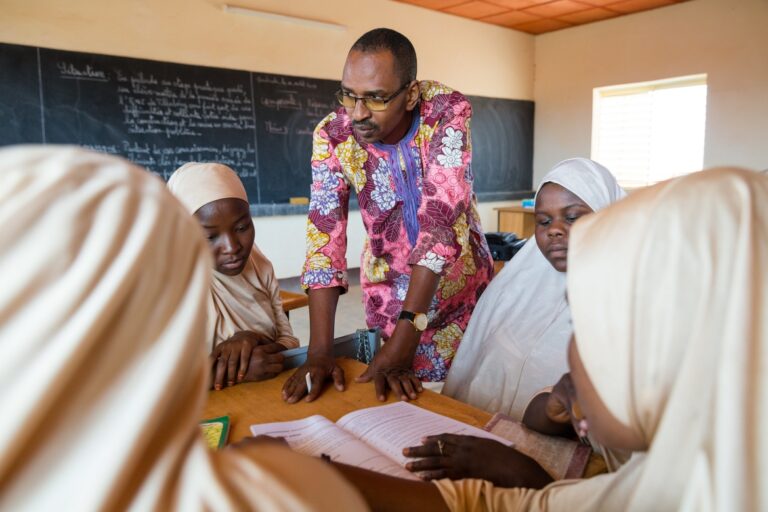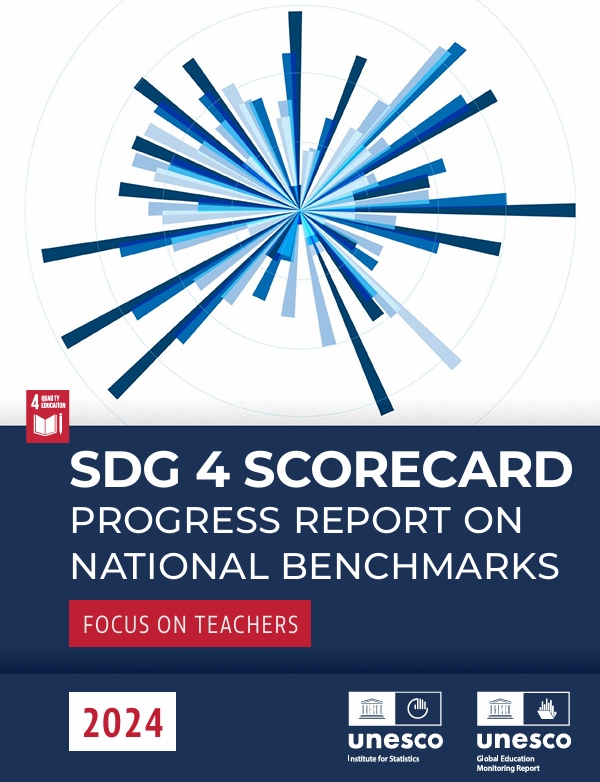By: Kerry Gallagher (Columnist) | EdSurge | Apr 12, 2018
In my work as a digital learning specialist, I’m charged with helping teachers try new classroom strategies and learn to use the technology tools that make those strategies possible.
Yet, even after three years in this role at my current school, there are a handful of teachers who are still hesitant to allow students to use devices and the powerful apps and resources they contain. Part of their concern is that incorporating these new services means they have to throw away the tried-and-true teaching techniques that they’ve mastered and love to use.
This is perhaps the greatest misconception about my goals as a teacher coach and, after speaking with colleagues in similar roles at schools around the country, I know I’m not the only one who wants to debunk this assumption.
Improving teaching and learning practices with technology is not about replacing traditional teaching. It is about taking what works and making it even better.
Lecture + Digital Formative Assessment
I recently attended a local conference and the keynote was delivered by Aaron Polansky, superintendent from Old Colony Regional Vocational Technical High School in Rochester, Mass. Within his talk he exclaimed, “Lectures are only terrible if you are a terrible lecturer!”
This rang true with me. As mentioned in this previous EdSurge piece, lectures that are dynamic, evoke emotion, and engage the audience are worthwhile learning experiences. Many teachers are exceptional public speakers and storytellers and should not be deterred from using their skills in their classrooms.
Even so, there is much room for improvement when it comes to the student experience. Rather than just taking notes, students can respond to surveys and questions using Google Forms or Formative, tools that allow teachers to pose questions or provide activities for students to respond to on their devices throughout the lecture. Then the teacher can immediately display the aggregated results on screen to provide evidence of student learning and help determine the direction of the next phase of the lecture.
Guided lectures with Pear Deck or Apple’s Classroom iPad app can keep students’ attention on the topic at hand by ensuring that their screens will display exactly what the teacher needs them to see. When a skilled lecturer incorporates these strategies, students are more likely to feel engaged and involved throughout the entire lesson.
Analytical Essay + Book Promo/Trailer Video
There are many blog posts out there encouraging teachers to choose assignments other than essays. But it is hard to argue that the communication skills that students practice in the course of writing are not essential. As a teacher coach, I’m not encouraging teachers to throw out the practice of assigning, reading, giving feedback on and correcting essays. Instead I’m encouraging them to think of those essays as an important step in a more authentic process.
The most common example of essay assignments as summative assessment is an analysis of literature in English class. Instead of assigning only five-paragraph essays, I’m happy to see more teachers encouraging students to write their analysis as transcripts for book trailers or promotional videos—which they then produce. Teachers find that students are more invested in what they write because their final product will be in a medium they value: video. Once the essay is written, students use apps like Adobe Spark Video or iMovie to record their voice, add images, and edit them together to create a final product worthy of sharing not just with their teacher, but with their classmates.
Data Analysis + Infographic Design
It is traditional in science and history classes for students to study data collected by researchers to learn more about the discoveries and events they need to know. The key to effective data analysis is understanding the significance of, and making connections between, factual information. The data provides insights into the time, people, environments and other factors behind an event or phenomenon. Once our learners have analyzed the data, teachers usually use objective questions to test their comprehension.
Lately, I’ve encouraged teachers to give students the option of demonstrating their interpretation of the significance of data sets using infographics. It’s a strategy that I used as a high school history teacher years ago. Now, with some coaching, I’m seeing teachers at my school ask students in Spanish classes create infographics to show what they’ve learned about Spanish-speaking nations, and ask students in English classes to use infographics to show connections between Shakespearean archetypes and important figures in current events. Students are proud to add their products to their digital portfolios and display them in classrooms.
Deep Research + Podcast Creation
The research process—developing a question, digging for answers, vetting resources, synthesizing information, crafting a thesis, and supporting that thesis with evidence—is a life skill that will serve our learners in any career. But must all research projects take the form of a long paper or a formal presentation with slides?
A sixth-grade humanities teacher at my school starts the research process very traditionally. She starts by developing questions in partnership with our librarians to guide students to the best sources, then asks the pupils to read and analyze information. But the final product is much more authentic than an essay or Powerpoint. Instead, her students listen carefully to NPR interviews and how the radio hosts question and interact with their guests. Then her students use their research, inspired by the Word Generation curriculum, to write interview transcripts. They rehearse, record and edit the audio tracks which they eventually publish online. The final products are compelling! Her sixth graders have recorded themselves discussing and debating school dress codes, school limits on junk food, and doping in professional sports.
The most effective education coaches recognize the history and value of traditional teaching, while also recognizing the opportunities that new technologies make available to teachers and students. Innovative teaching is not about changing everything. Rather, let’s remember to hold tight to what works while pushing to make ourselves better.
Kerry Gallagher (@KerryHawk02) is a Digital Learning Specialist at Digital Learning Specialist at St. John’s Prep in Danvers, Mass. She is also Director of K-12 Education for ConnectSafely.org, and an EdSurge columnist.






